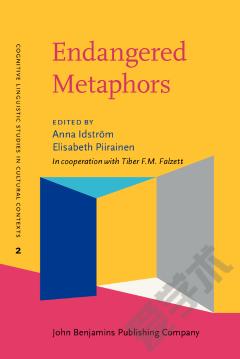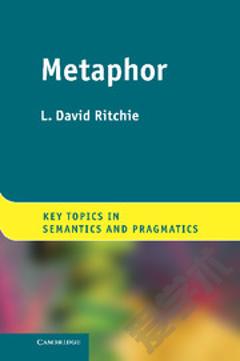Mixing Metaphor.
Mixing metaphors in speech, writing, and even gesture, is traditionally viewed as a sign of inconsistency in thought and language. Despite the prominence of mixed metaphors, there have been surprisingly few attempts to comprehensively explain why people mix their metaphors so frequently and in the particular ways they do. This volume brings together a distinguished group of linguists, psychologists and computer scientists, who tackle the issue of how and why mixed metaphors arise and what communicative purposes they may serve. These scholars, almost unanimously, argue that mixing metaphors is a natural consequence of common metaphorical thought processes, highlighting important complexities of the metaphorical mind. Mixing Metaphor, for the first time, offers new, critical empirical and theoretical insights on a topic that has long been ignored within interdisciplinary metaphor studies.
{{comment.content}}








 京公网安备 11010802027623号
京公网安备 11010802027623号